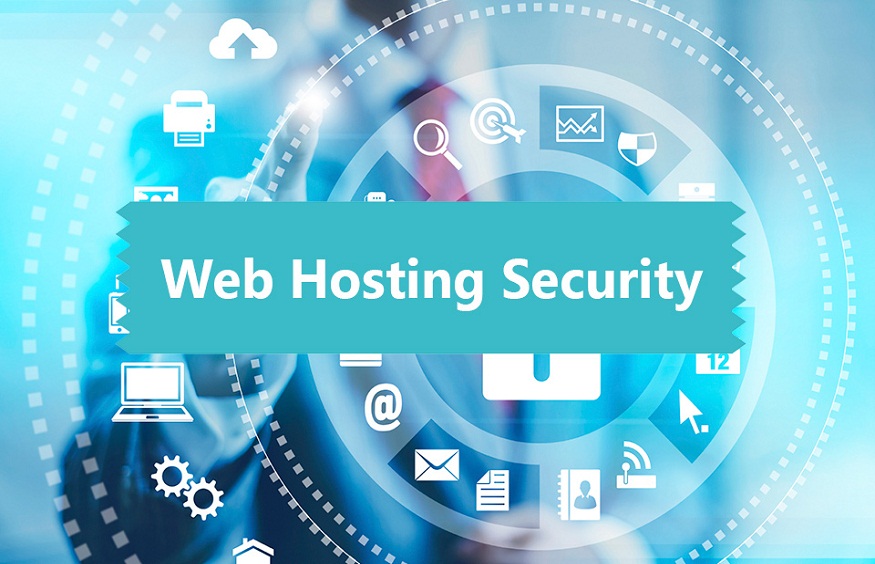Web hosting is a service that offers the needed space and infrastructure to ensure your website’s availability in the online world.
As web hosting lifts an enormous amount of sensitive information, web hosting security has become an extremely important aspect.
Thus, businesses that plan to buy web hosting must ensure complete web hosting security to keep their websites secure and protected
In this article, we will understand some of the top web hosting security best practices.
Website Security Check: 7 Website Security Best Practices
1. Powerful Backup and Restoration Plan
Whether the information threat is due to an intentional cyber attack or simply human error causing hardware failure, a secure web hosting infrastructure must be ready for all. A powerful backup and restoration plan ensures that your data is safe and protected, irrespective of any form of accident.
A strong backup and restoration service takes care of your data by conducting daily, weekly, or monthly backup services along with easy restoration features. This automatically ensures less downtime, keeping your web hosting data safe.
2. Access Controls
Ensuring limited web server access, whether for administrative online privileges or physical safety, ensures data safety. To keep website security in check, you can facilitate access controls by adopting SSH.
Secure Socket Shells come with strong password authentication and encryption, allowing a safer channel for administration. It means you can manage and access your web server remotely without exposing your credentials to cyber threats.
3. Auto Detection And Malware Removal
Malware is one of the most dangerous threats that can attack and destroy your web hosting security. It basically injects itself into your website, invading its programs, code and software. It further damages it by stealing important information, hurting encryption and spying on your activities.
But when you adopt auto-detection and malware removal, you give yourself an extra layer of protection. As it automatically removes any malware threat before it can damage your website.
4. Consistent Network Monitoring
Consistent networking monitoring helps find and resolve issues before they turn into serious threats. Opting for managed web hosting services is the best way to do that, as you need a team of experts to ensure your web server’s safety.
5. Regular With Updates
Updated software and OS leave no room for vulnerabilities to enter, as the provider tackles them with every update. Therefore, to ensure the best web hosting security, it is important to ensure your web server is consistently updated.
6. SSL Certificate
SSL certificates are very important as they create safe access for your audience to your website.
The padlock mark you see before your URL, indicates that the website is SSL-certified. You can click on it and get details by clicking on the “connection is a secure option”.
At the time of buying web hosting, make sure to get an SSL certificate, which is mostly free from your web hosting provider, and add a r website.
Conclusion
These are some of the website security best practices you can adopt to ensure web hosting security. This includes using CDN, having strong backup and restoration plans and access controls, installing malware detection, and so much more.
Remember to make changes in your practices according to the changing needs of your environment to ensure complete web hosting security.

